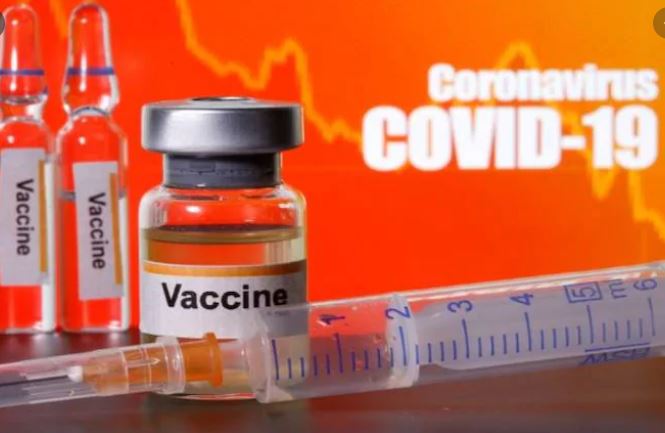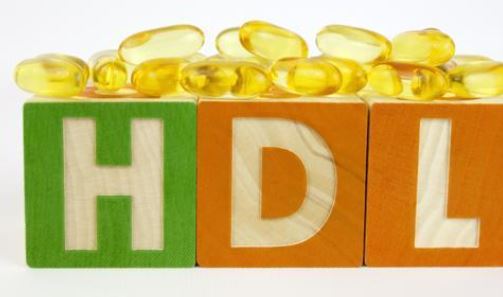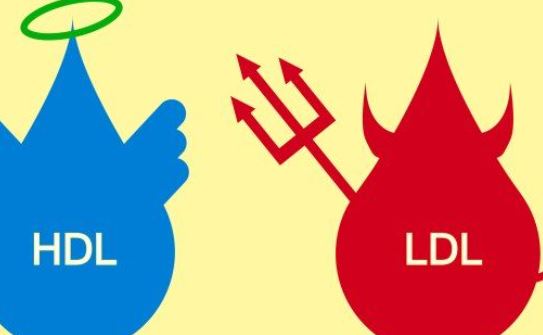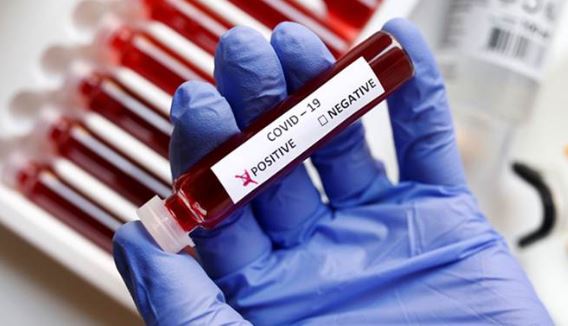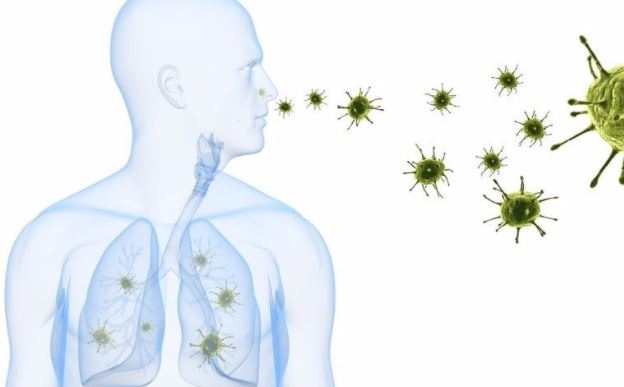Symptoms of pneumonia – Read to know Facts
Symptoms of pneumonia
Symptoms of pneumonia
Symptoms of pneumonia can develop suddenly over 24 to 48 hours, or they can appear more slowly over several days.
Common symptoms of pneumonia include:
- cough, which may be dry or produce thick yellow, green, brown, or blood-stained mucus (phlegm)
- shortness of breath – your breathing may be rapid and shallow, and you may feel short of breath, even when resting
- rapid heartbeat
- high temperature
- feeling generally unwell
- sweating and shivering
- loss of appetite
- chest pain – which gets worse when breathing or coughing
Less common symptoms include:
- coughing up blood (haemoptysis)
- headaches
- fatigue
- feeling sick or being sick
- wheezing
- joint and muscle pain
- feeling confused and disorientated, particularly in elderly people
When to See Doctor ?
- If you have a high temperature, a new and ongoing cough, or a loss or change in the sense of smell, use the Coronavirus Online Service 111.
- If you feel unwell and have other symptoms of pneumonia, contact your GP or use the regular 111 online service.
- Only call 111 if you cannot get help online or you need help for a child under 5 years old.
Call 999 for an ambulance if you or someone you care for:
- If you are struggling to breathe
- If you are coughing up blood
- If you have blue lips or a blue face
- If you feel cold and sweaty, with pale or blotchy skin
- If you have a rash that does not fade when you roll a glass over it
- If you collapse or faint
- If you become confused or very drowsy
- or If you have stopped peeing or are peeing much less than usual
Who is affected ?
Pneumonia can affect people of any age, but it is more common and can be more serious in certain groups of people, such as the very young or the elderly. People in these groups are more likely to need treatment in the hospital if they develop pneumonia.
What causes pneumonia
Pneumonia is usually the result of a bacterial infection.
As well as bacterial pneumonia, other types include:
- viral pneumonia – caused by a virus, such as coronavirus
- Aspiration pneumonia – caused by breathing vomit, a foreign object, such as a peanut, or a harmful substance, such as smoke or a chemical
- Fungal pneumonia – rare in the UK and more likely to affect people with weakened immune systems
- Hospital-acquired pneumonia – pneumonia that develops in the hospital during treatment from another condition or undergoing surgery; People who undergo intensive care on ventilators are at particular risk of developing ventilator-related pneumonia.

